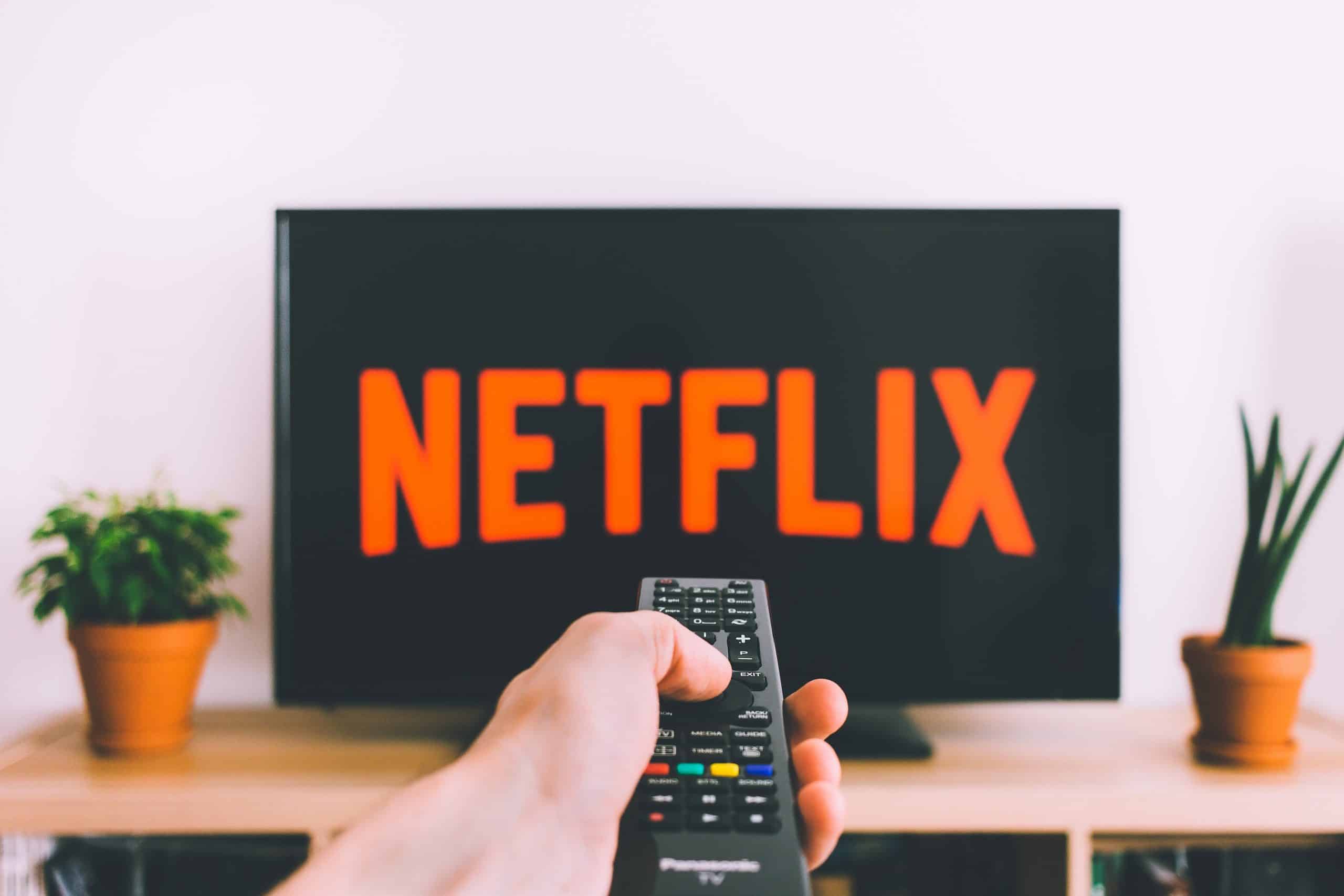
Lifting the lid on Netflix
The rise of Netflix has shaken up TV schedules, given Hollywood cause for concern and led to reports of the first case of Netflix addiction in India Currently boasting 139 million worldwide paid subscribers, Netflix is one of the dominant leaders within the media services space.
Since the company began streaming content, myself and many people I know have become hooked on the media powerhouse, desperate for that hit of entertainment and continuously looking for the next best series or documentary. Netflix has pursued an impressive growth strategy worldwide, but should we be worried that the streaming giant is creating a market monopoly? Or should we be grateful that its innovative approaches are helping to stimulate the market?
Netflix’s rise to greatness is far from guaranteed
Surprisingly, it was only last year that the number of people subscribing to Netflix outside the US exceeded those in North America. In the past year, the company has also failed to achieve its hoped-for subscriber wins from April to June, missing out by around a million. Netflix shares subsequently slumped nearly 14%, erasing close to $25 billion from the company’s market valuation. Netflix’s quest to become a global brand is therefore still doubtful.
Netflix has been able to continuously win and keep subscribers by creating exclusive original content such as Orange is the New Black and Stranger Things. However, commissioning is extremely expensive, last October Netflix announced plans to take on $2 billion in new debt. It is clear that the streaming giant is yet to find a happy balance between revenue and the spiralling cost of content, so will it be able to keep up its current rate of production?
Netflix has revolutionised viewing; we’ve become accustomed to watching content with no advertisements and being able to watch series as a whole, instead of waiting for weekly episodes. The problem is that the machine has to keep being fed. So, the question is, can Netflix secure enough new subscribers and raise subscription costs without losing customers?
Rivalry in broadcast
There’s a growing number of other major technology and media companies launching their own OTT services. Amazon’s Prime Video service is rapidly expanding its presence within the streaming market. The company has recently gone through a major management change, with a number of NBC veterans, including Jennifer Salke and Vernon Sanders, now working for the video service. Up until now, Amazon and Netflix have managed to exist side-by-side peacefully due to the fact that many households are happy to pay for multiple TV services. But what If there was more choice or costs increased?
On top of this, Apple has spent years preparing its entrance into the world of on-demand video. In recent months the company has announced deals with content creators such as Oprah Winfrey and Steven Spielberg. Apple also outbid Netflix for the Emmy-winning TV series Big Little Lies.
However, I believe Netflix’s biggest challenge may lie with Disney. Netflix and Disney had previously agreed a licensing deal; however, Disney decided to end the deal and pull its material from the streaming service – with plans to launch its own service. Disney Plus will launch in US in late 2019, featuring content from Pixar and the Disney Channel for a $8 – $14 monthly subscription fee, undercutting Netflix. Netflix now has to deal with its shrinking library of content, as well as potentially losing customers who signed up to Netflix largely so they could access Disney content.
For now, I believe Netflix is still king, but the company is far from creating a monopoly. The streaming giant has certainly set a benchmark; however, change is the only constant within digital media.
On the other hand, it is also a great time to be a consumer, with so much choice on offer, we have the luxury of choosing to buy services which match our tastes exactly.
We at Babel are extremely interested in the twists and turns that the broadcast industry brings – from Netflix and OTT, to major tradeshows such as NAB, new technology and technological advancements. Find out more about Babel’s work and experience in the television and media technology space, as well as how we can support your company.





